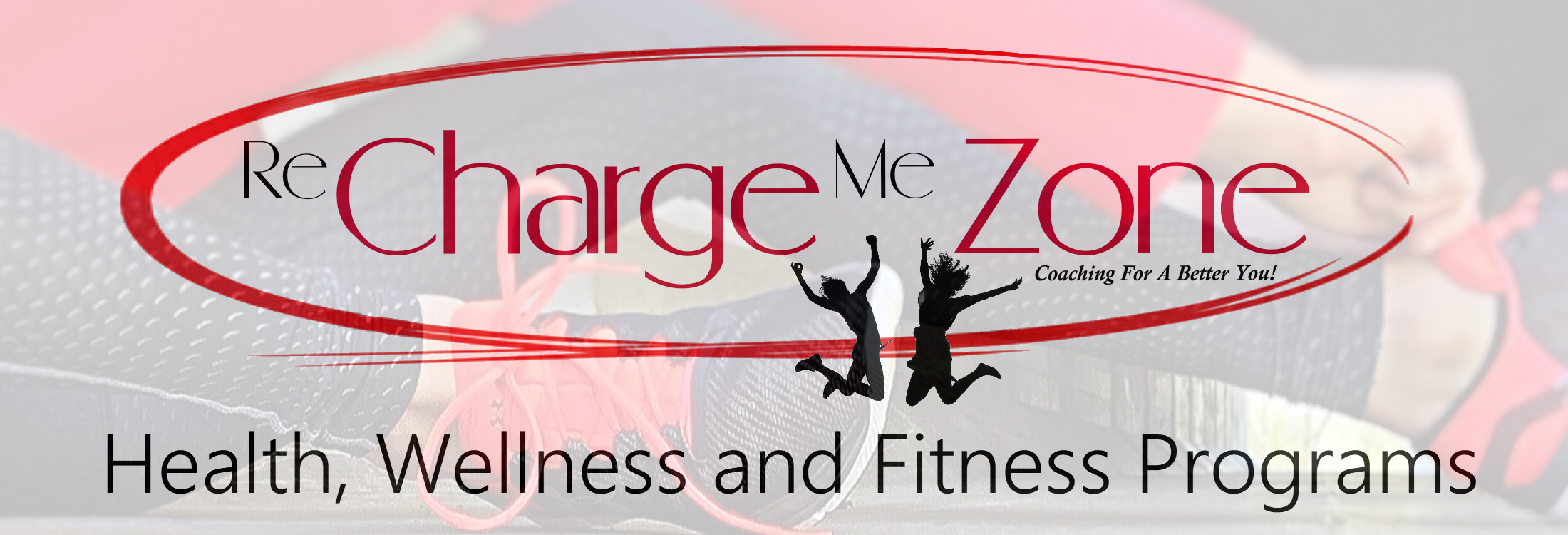Have you noticed people around you seem agitated these days? Perhaps you see short tempers, whether it’s road rage, on social media, or people having a tantrum over what seems to be the smallest thing. Everywhere you turn people are showing anger in restaurants, stores, hospitals, hotels, airports and on airplanes. The anger appears to be endless.
It may not surprise you but in a recent poll, 84% of people surveyed believe Americans are angrier today than they were a generation ago. The difference may be how we receive our information. A generation ago when things happened it wasn’t publicized as it is today. Maybe you are feeling angry, too. In a survey by the Mental Health Foundation, 32% of people said they had a close friend or family member who had trouble controlling their anger and 28% of people said they worry about how angry they sometimes feel. Sometimes people don’t recognize that their anger is a problem for themselves and for other people. Instead, they may see other people or things as the problem instead. Anger is different for everyone. Many of us feel anger when being treated unfairly or powerless to do anything about it. We also can feel anger when threatened, stressed, worried or not feeling respected. Then there are politics, economics, social issues, and media news to flame the fire of anger.
People react differently when irritated, and many have difficulty controlling their temper. Individuals may not know how to express themselves when they are angry. Some people express themselves by shouting or swearing, name-calling or threats. Others may react violently by breaking things or becoming abusive, while another group may hide their anger by ignoring or sulking. All these reactions can be because of childhood and upbringing, experiences, current circumstances, or health and well-being. It has been shown that anger can be associated with many health issues such as heart disease, type two diabetes, anxiety, depression, and eating disorders.
So how do we manage our anger or deal with those around us that are angry?
There are many ways to reduce or manage the anger you are feeling or dealing with from others.
· Engage in routine exercise.
· Learn breathing techniques that can calm you.
· Get plenty of rest.
· Eating healthy meals.
· Stay Calm.
· Listen without judgement.
· Set boundaries.
· Look after your own well-being.
· Do non-strenuous, slow yoga-like exercises to make you feel relaxed.
Yoga encourages mental and physical relaxation, which helps reduce stress and anxiety. The physical postures promote flexibility, relieve tension, and ease pain. Focusing on the present moment during your yoga practice enhances your awareness, boosts your concentration, and centers your mind. Yoga encourages one to relax, breathe, and focus on the present. It is calming and restorative, lowers breathing and heart rate, decreases blood pressure, lowers cortisol levels, and increases blood flow to the intestines and vital organs.
One of the primary goals of yoga is to achieve tranquility of the mind and create a sense of well-being, feelings of relaxation, improved self-confidence, improved efficiency, increased attentiveness, lowered irritability, and an optimistic outlook on life.
There are many ways to practice yoga and meditation. Many people think you have to be ultra flexible to practice yoga. This is incorrect. Everyone is built differently. Our joints don’t all move the same and many of us have old injuries, surgeries that limit our mobility, as well as other movement restrictions. We can practice yoga in a chair or on the floor depending on your abilities. Meditation can be a short mindfulness practice to a deeper longer practice. This is what I love about yoga and meditation–you can make it your own depending on what you can do and what time you have. Interested in learning more about how to incorporate yoga and meditation practice in your life? Contact me for some suggestions.
“Be not angry that you cannot make others as you wish them to be, since you cannot make yourself as you wish to be.”-Thomas a Kempis
“Holding on to anger, resentment and hurt only gives you tense muscles, a headache and a sore jaw from clenching your teeth. Forgiveness gives you back the laughter and the lightness in your life.”-Joan Lunden
Robin Anne Griffiths–Founder of ReChargeMe Zone * Behavioral Change Specialist * Yoga Instructor * Meditation Facilitator * Personal Trainer * Author * Speaker * Helping people on a journey for change to live a fuller and healthier life. Find out more at www.rechargemezone.com.


